From Breaking News to Mending Lives:
A Journey of Personal and Professional Transformation
My life has been a whirlwind of experiences, from my multicultural upbringing to my journalism career, respiratory therapy, and everything in between. I’ve faced personal struggles with substance abuse, grief, and relationship challenges, but through it all, I’ve grown and adapted. This is my story.
Roots and Wings: A Journey Across Cultures and Continents
My story begins long before I was born, with two families emigrating from Germany to America in the early 1900s. Little did they know that their descendants would weave a tapestry of cultures spanning continents and generations.
My father, a Wisconsin native, felt the pull of his ancestral homeland. After serving in the U.S. Navy during World War II, he attended Bob Jones University in South Carolina, emerging as a preacher with a calling that would take him back to Germany. There, he first met my mother’s father and, soon after, my mother - a native German woman. Despite their cultural differences, my father and mother fell in love quickly, marrying and adopting my older brother, David. My sister Nancy was born a year later, and the young family moved to the United States for new opportunities.
I entered this world in 1958 in Kenosha, Wisconsin, the youngest child of a family already well-versed in cultural navigation. My early years were marked by constant movement - from Wisconsin to Pasadena, California, where my father attended Fuller Seminary, then to Princeton, New Jersey, for several years while he earned a Master’s degree at Princeton University, graduating Summa Cum Laude.
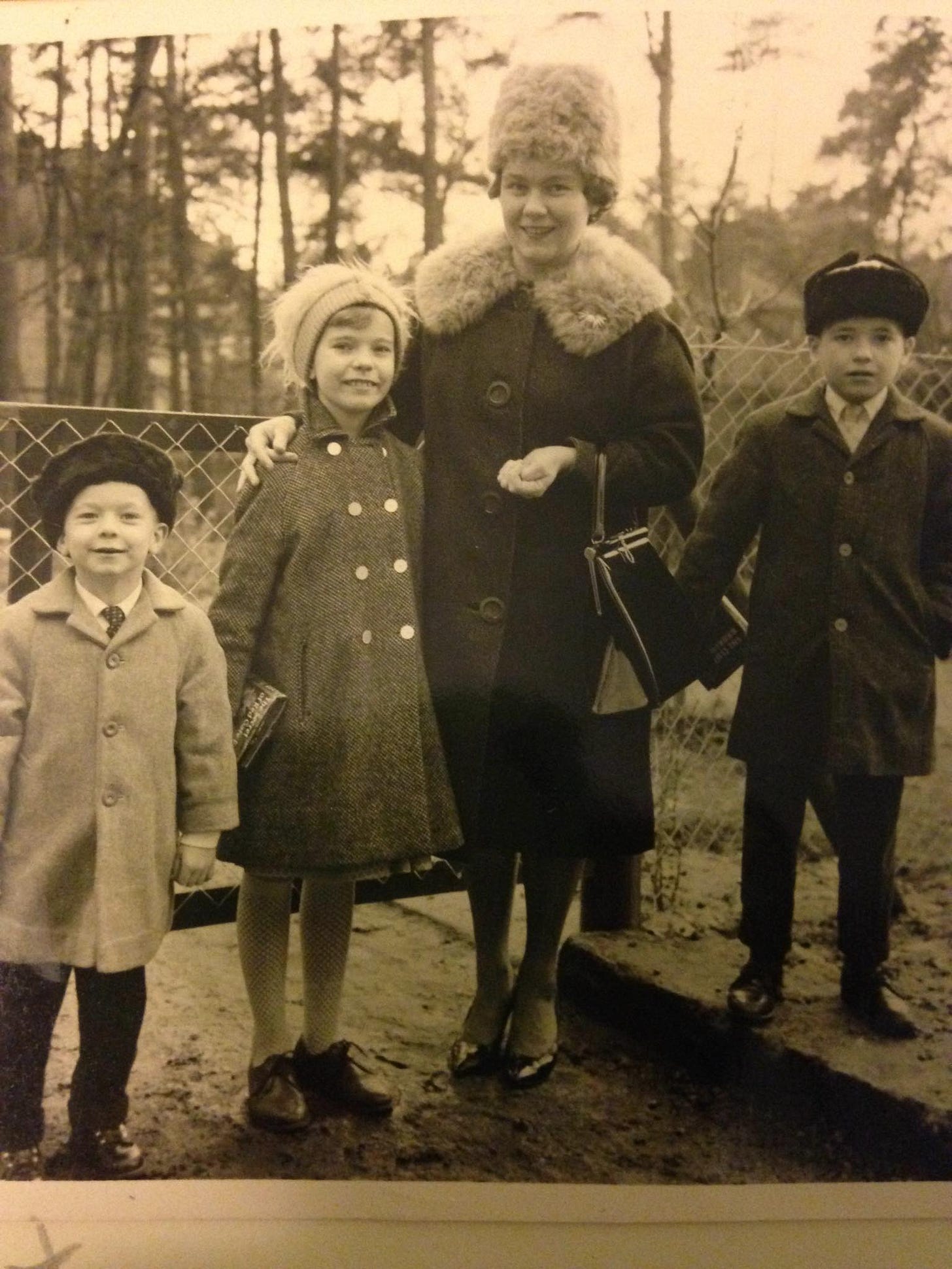
But the siren call of Europe wasn’t done with us yet. By the time I was four, our family was packing up again, this time for a long-term move back to Germany. We settled in the vibrant, divided city of West Berlin, driven by my father’s desire to study and get his PhD under the renowned German theologian Dr. Helmut Gollwitzer at the Berlin Free University.
West Berlin became the backdrop of my formative years, from age four to eighteen. The city’s unique history, culture, and energy seeped into my bones, shaping my worldview in ways I wouldn’t fully understand until much later. I attended the German/American John F. Kennedy High School, a melting pot funded by the U.S. State Department. Half the students were German, and half were American—many of us Third Culture Kids like myself, children of expatriates straddling multiple worlds.
But adolescence brought rebellion, and by ninth grade, I found myself kicked out of Kennedy School for disciplinary problems. I transferred to the Berlin American High School, the U.S. military high school in town. It was during these tumultuous teen years that I first experimented with hashish, LSD, and alcohol. My cultural identity, already complex, became even more tangled as I grappled with fitting in and standing out.
When it came time for college, I journeyed back to the United States alone, landing at Hope College in Holland, Michigan. The culture shock was immediate and intense. I had been “the American” in Germany but was unmistakably “the German kid” here in the States. I felt like a stranger in what was supposed to be my home country.
I threw myself into my studies, focusing on computer science and communications, but I also continued to experiment with drugs, seeking both escape and meaning. After graduating in 1982, hungry for adventure and independence, I went to Atlanta, Georgia, and landed a job at the pioneering Cable News Network (CNN).
The fast-paced world of 1980s T.V. news suited my restless spirit. I became part of the Atlanta News Editors and went on a number of trips to cover breaking stories worldwide. I witnessed history unfolding before my eyes - the 1985 TWA Hezbollah hijacking, where a U.S. Navy Diver was murdered; multiple hurricanes in the USA; the Challenger disaster, shaking Fidel Castro’s hand at the Communist Convention in Havana, Cuba; and the 1988 presidential campaign for Robert Dole. During an impactful trip to Central America, I covered the unrest in El Salvador and the political upheaval in Nicaragua following the Sandinistas’ rise to power and the emergence of the Contras. I stood just feet away from little Omayra Sanchez during the tragic 1985 Armero Mudslide in Colombia, helplessly watching her suffer and ultimately succumb to exposure - an image that still haunts me to this day. Omayra Sanchez’s last words were a heart-wrenching message of love to her family. She looked towards the Columbia TV News camera and said, “Mommy, I love you so much, Daddy, I love you, brother, I love you.” These final words still put me into tears.
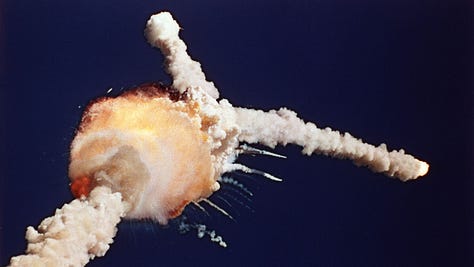
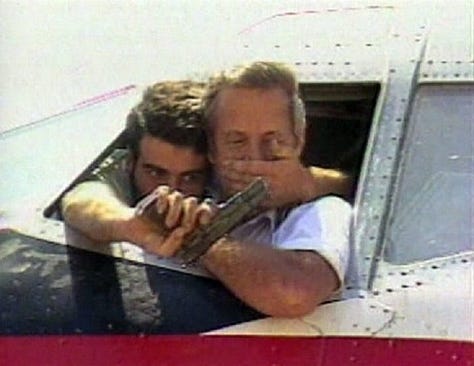
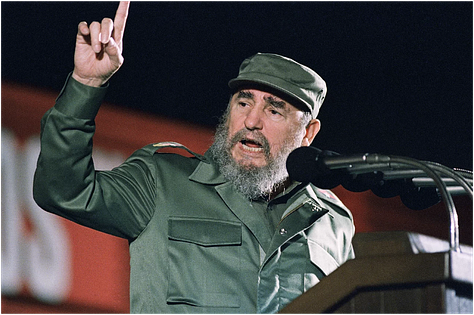
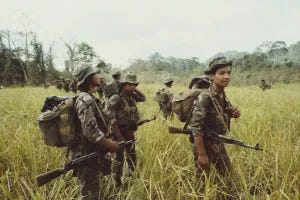
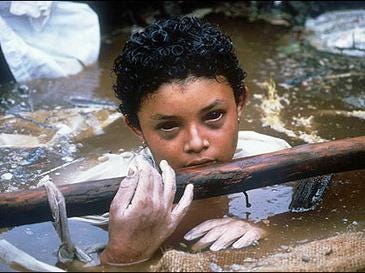
But beneath the excitement and adrenaline of breaking news, a deep unease began to grow within me. One thing I always saw working in the news at CNN was the bad side of everything. War, terrorism, death, and destruction. This sense of powerlessness in the face of human suffering would eventually lead me to make a significant career change, but that revelation was still years away.
After five exhilarating years at CNN, I yearned for more independence. I had dreams of becoming a freelance photographer in war-torn Central America, but my increasing cocaine usage derailed those plans. Instead, I joined a sports outfit in Delray Beach, Florida, called Inside Florida Golf and Tennis, working as Director of Photography from 1987 to 1988. This job introduced me to a world of famous athletes - Jack Nicklaus, Greg Norman, Nick Faldo, Seve Ballesteros, Curtis Strange, Ivan Lendl, Stefan Edberg, Boris Becker, Martina Navratilova, and Steffi Graf, to name a few.
My Demons
But beneath the glamour and excitement, my demons were gaining ground. By the time I turned 30, my cocaine abuse had reached a crisis point. I knew I needed to make a change or risk losing everything. I checked myself into Turning Point, a Christian rehab in Pampano Beach, Florida, taking the first steps on the long road to recovery.
After rehab, I sold all my camera gear and video equipment, a symbolic letting go of my old life. I became a manager at a Quick Lube called McQuiks, attending recovery meetings religiously. It was a humbling experience that gave me the stability and clarity I desperately needed. With God’s grace and support from great friends, I have been clean and sober for over 25 years.
In 1989, seeking a fresh start and a meaningful career, I returned to school at Florida SouthWestern State College in Fort Myers, Florida, to study Respiratory Therapy. I graduated in 1992, embarking on a new chapter that would again take me worldwide. This decision was deeply influenced by my experiences at CNN. I was no longer content to document suffering merely; I wanted to alleviate it actively. The transition from journalism to healthcare was not just a career change; it was a profound shift in my approach to life and my role in the world.
I began my Respiratory Therapy career in Cape Coral, Florida, with a summer assignment in Seattle, Washington. But the wanderlust instilled in me during my childhood soon resurfaced. In 1998, I accepted a position in Saudi Arabia, thrilled at the prospect of working overseas and immersing myself in a new culture.
I met and married a Canadian woman during this time in Saudi Arabia. Our relationship coincided with significant changes in my family—my father retired from his church in Munich, Germany, and my parents moved to Cape Coral, Florida, to help alleviate my mother’s worsening asthma.
My wife and I returned to the USA in 2002, but our marriage couldn’t withstand the pressures of readjustment. We divorced shortly after, with my wife returning to Victoria on Vancouver Island. Looking back, I recognize that my immaturity played a large part in our relationship’s failure —another hard lesson in my ongoing education in life and love.
My career flourished as I worked at prestigious institutions like Duke University, UVA, and Children’s National Hospital. But the call for international work proved irresistible. In 2005, I moved to Cairo, Egypt, to work as a U.S. Army Contractor, tasked with opening a Respiratory Therapy Department in an Egyptian military hospital.
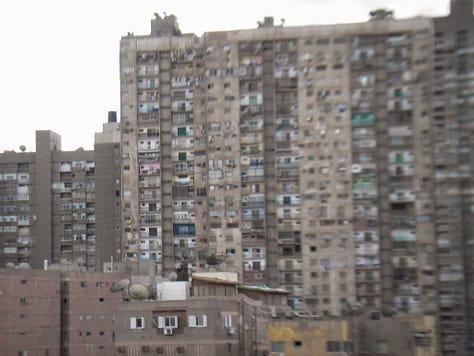
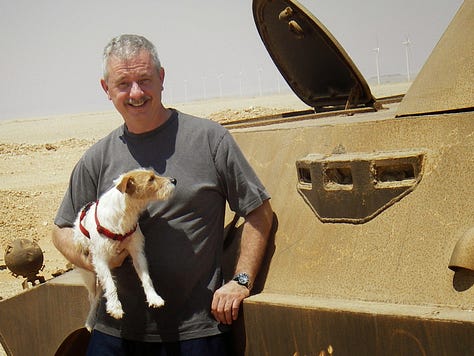
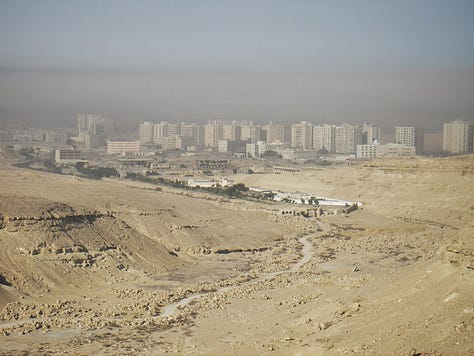
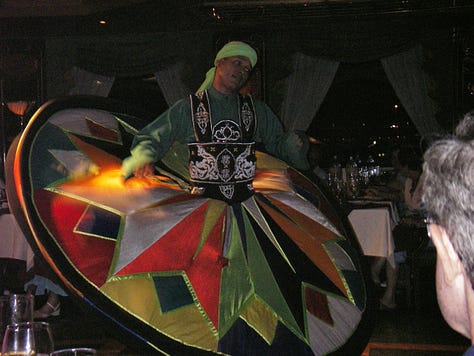
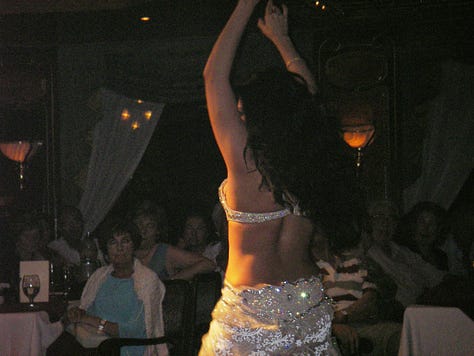
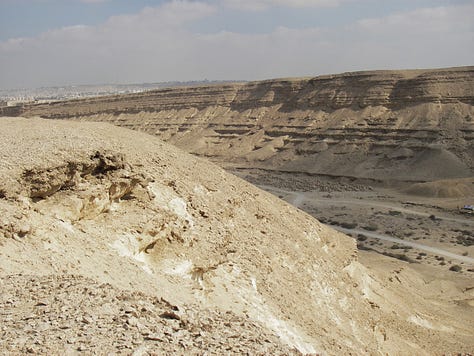
Two years later, I returned to the USA, working in a NICU in Fort Myers, FL, until 2011. Then came an opportunity I couldn’t refuse—a job in Kuwait with McGill University from Montreal, focusing on hospital redevelopment. This eight-year stint allowed me to open and run two American Heart Association training centers, further expanding my professional skills and cultural experiences.
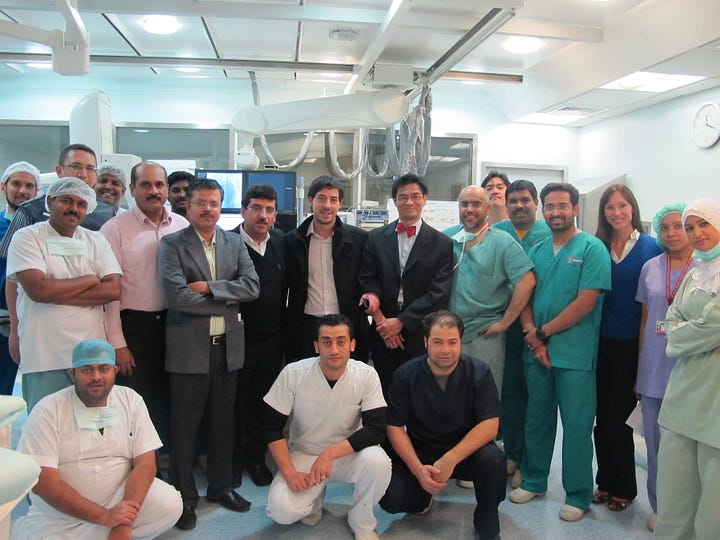
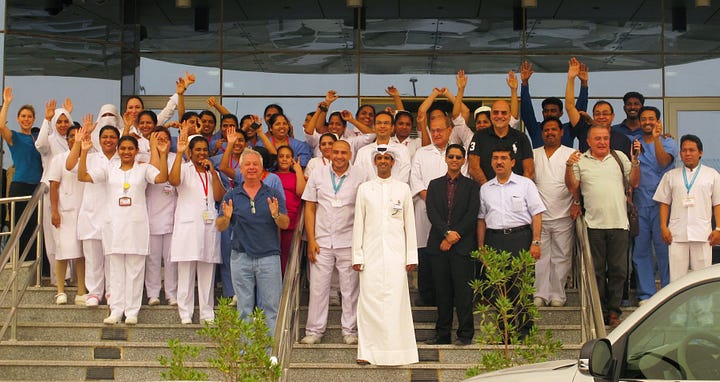
Throughout these international assignments, I found a sense of belonging that often eluded me in the United States. I loved being a foreigner in a foreign country, navigating new cultures, and connecting with people from diverse backgrounds. This preference for international settings spoke directly to my TCK background, highlighting how my early experiences had shaped a lifetime of choices and preferences.
But amidst the professional successes, personal tragedy struck. On September 5, 2015, my mother passed away from pancreatic cancer. Her loss left a void in our family, particularly for my father, though I didn’t fully grasp the depth of his grief at the time.
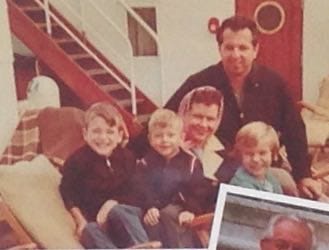
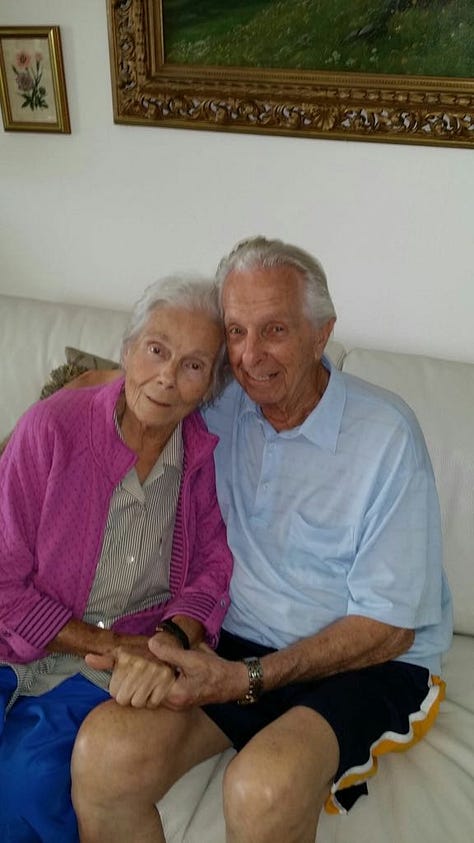
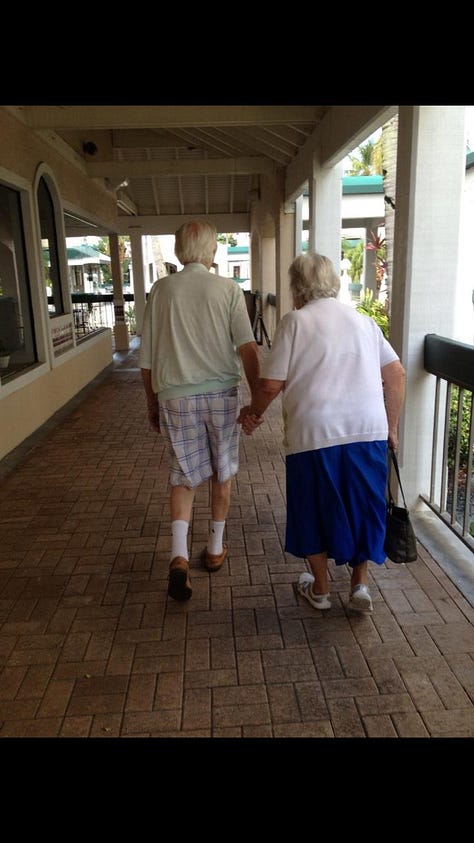
As the Kuwait project wound down in 2018, I was at another crossroads. I returned to Fort Myers, Florida, hoping to help my now 90-year-old father, who was struggling more than he let on. Several times, he made it clear that he was not soliciting my help, so after seeing an opportunity to volunteer in Thailand, I traveled to Chiang Mai, Thailand, and volunteered as a patient coordinator with the Free Burma Rangers for three months.
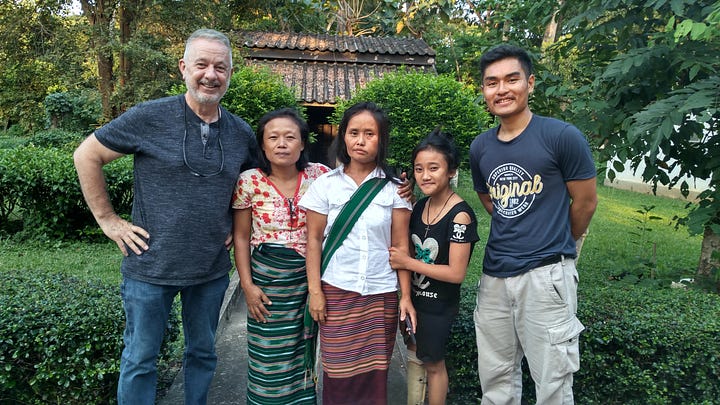
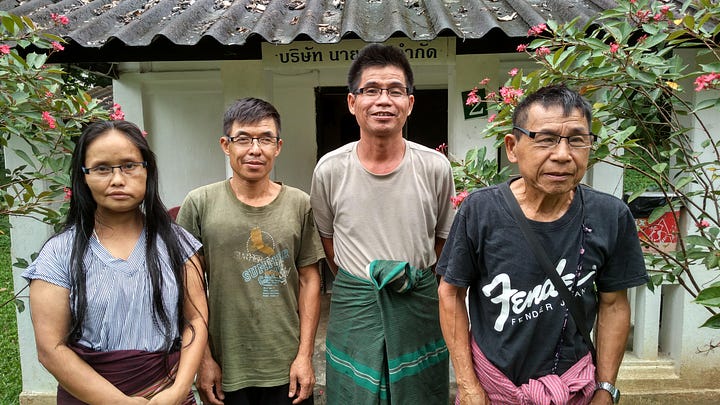
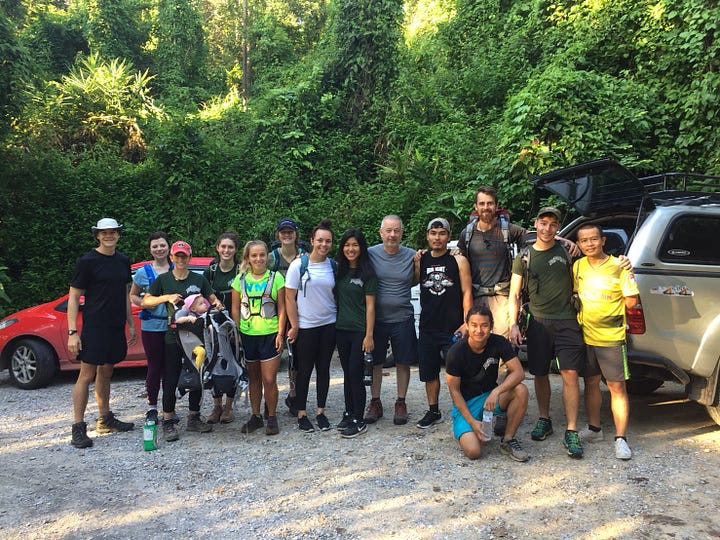
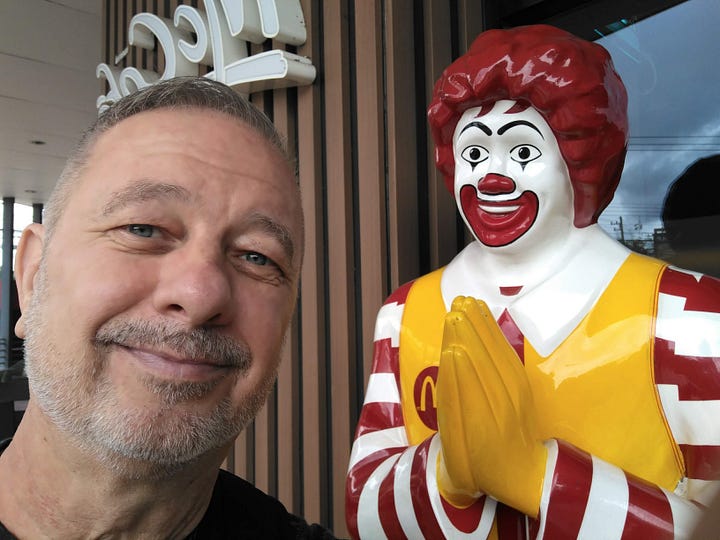
Shock Trauma
But the most devastating blow was yet to come. Months after returning to Fort Myers, Florida, from Thailand, on February 19, 2019, I went to check on my 91-year-old father, who had fallen the night before. Instead, I found him dead from suicide by gunshot. The shock and trauma of this discovery shook me to my core, forever changing the course of my life.
The day before, I had taken my father to the hospital after a fall. His behavior was different; he kept thanking me for my help, which I now recognize as a subtle goodbye. That night, as I left his house, he emphatically said, “Jon, I know you had to change your life for me, and I just want to say thanks.” I dismissed it with a wave, not realizing it would be our last conversation.
The next morning, I found him in a pool of blood, a revolver nearby. The image of my father’s body, the overwhelming smell of blood, and the crushing weight of realization are seared into my memory. I screamed, prayed, and fell into a state of shock that would take years to fully process.
The aftermath was a blur of police, neighbors, and the heart-wrenching sight of my father’s flag-draped body being taken away. In the days and weeks that followed, I was left to clean up the physical remnants of the tragedy - cutting up the bloodied carpet and mopping up my father’s blood - all while grappling with overwhelming grief and guilt.
This traumatic event challenged not only my emotional resilience but also my faith and relationships within the christian community. While I have never lost faith in the goodness of God and the finished work of Christ, I became disillusioned with many aspects of organized religion. Many christians and even a particular pastor were more interested in intellectual discussions about suicide and outward appearances than in showing genuine love and empathy. This realization pushed me to seek more authentic connections and to value actions over words in my relationships and spiritual life.
As if the emotional turmoil wasn’t enough, ten months later, I was diagnosed with prostate cancer. Thankfully, the treatments were successful, but it added another layer of stress to an already challenging period. These were rough times, and what brought me through were friends I never knew I had.
Even before my father’s suicide, I was always drawn to risk and adventure. My past is filled with exciting experiences - from paragliding and skydiving to scuba diving and traveling to some not-so-safe foreign countries. This inherent appetite for thrill-seeking laid the groundwork for the more extreme risks I would later take.
The traumatic experience of my father’s suicide, followed by my cancer diagnosis, intensified this predisposition towards risk-taking. It’s known that risky behavior is common among those who have witnessed a loved one’s suicide, but for me, it was an amplification of an existing trait. This insight helped me understand my subsequent actions, particularly my leap into high-risk weekly stock options trading.
When the COVID-19 pandemic hit, I threw myself into trading with a recklessness that I now recognize as a combination of my natural inclination for risk and my unresolved grief. For about three years, I experienced remarkable success, even making over $130,000 in a single day. My past experiences with extreme sports and dangerous travel had already accustomed me to high-stakes situations, but now, in some weird way, I felt even less afraid to die. This fearlessness, born from a lifetime of risk-taking and intensified by recent traumas, made me even bolder in my trading decisions.
But the market is a fickle master. My initial success turned to significant losses. Desperate to recoup my losses, I took bigger, riskier trades. The situation spiraled out of control, and I lost all my savings except for about $50,000. This financial devastation nearly drove me to suicide, echoing the tragic choice my father had made years earlier. Looking back, I can see how my father’s suicide set me on a path of extreme risk-taking and self-destructive behavior. It was as if I was subconsciously testing the boundaries of life and death, much like my father had done in his final moments.
The aftermath of this substantial financial setback plunged me into one of the darkest periods of my life. Thoughts of suicide consumed me daily until an unexpected source of inspiration emerged—a YouTube video featuring someone who had endured an even greater loss and grappled with similar suicidal thoughts. The speaker's straightforward advice resonated deeply: cease fixating on the past and find employment to begin rebuilding. This message served as the catalyst I desperately needed.
Within a week, I submitted an application to my former hospital in Fort Myers. Soon after, I resumed work there, remaining for 14 months as I began reconstructing my life and financial stability. This period proved invaluable, as the daily interactions with colleagues and a renewed sense of purpose became integral to my healing process. The work environment provided a welcome distraction from the isolation and introspection that had dominated my thoughts at home.
During this time of recovery, I also managed to participate in a volunteer mission to the Lebanese-Syrian border. There, I joined a team performing cardiac surgeries on Syrian refugee children, reaffirming my dedication to both adventure and making a meaningful impact in the world.
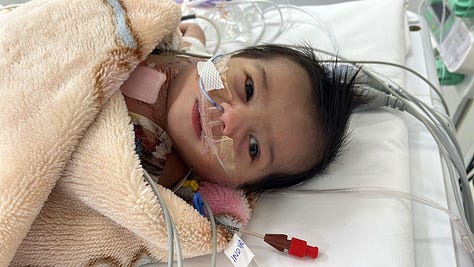
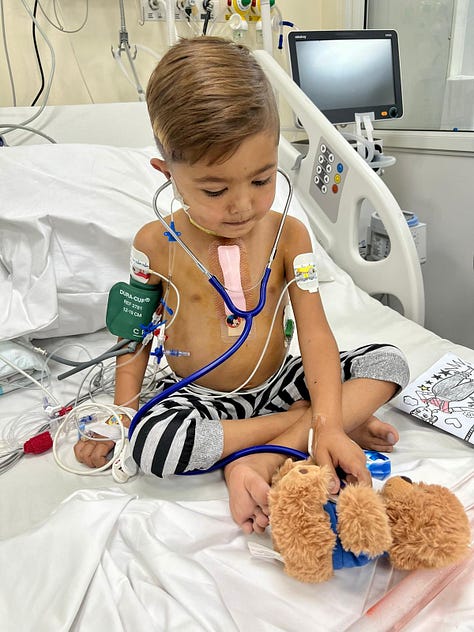
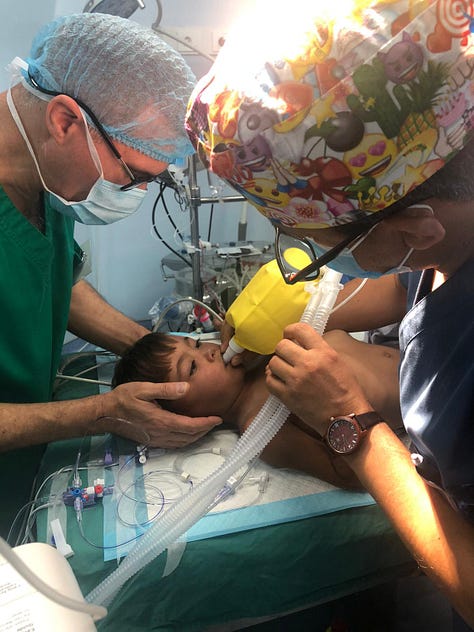
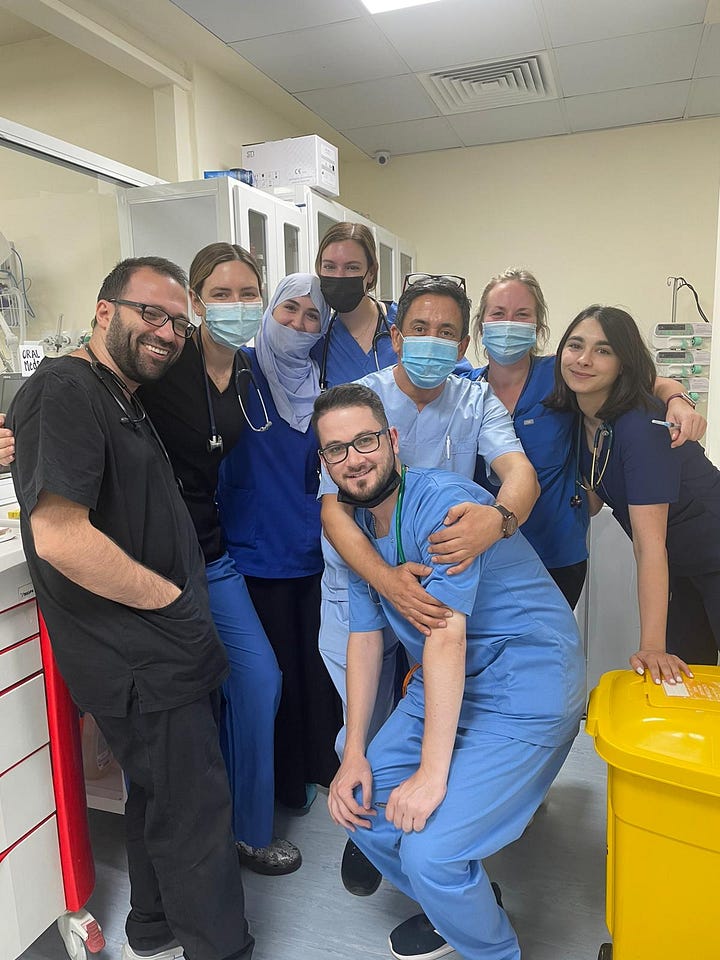
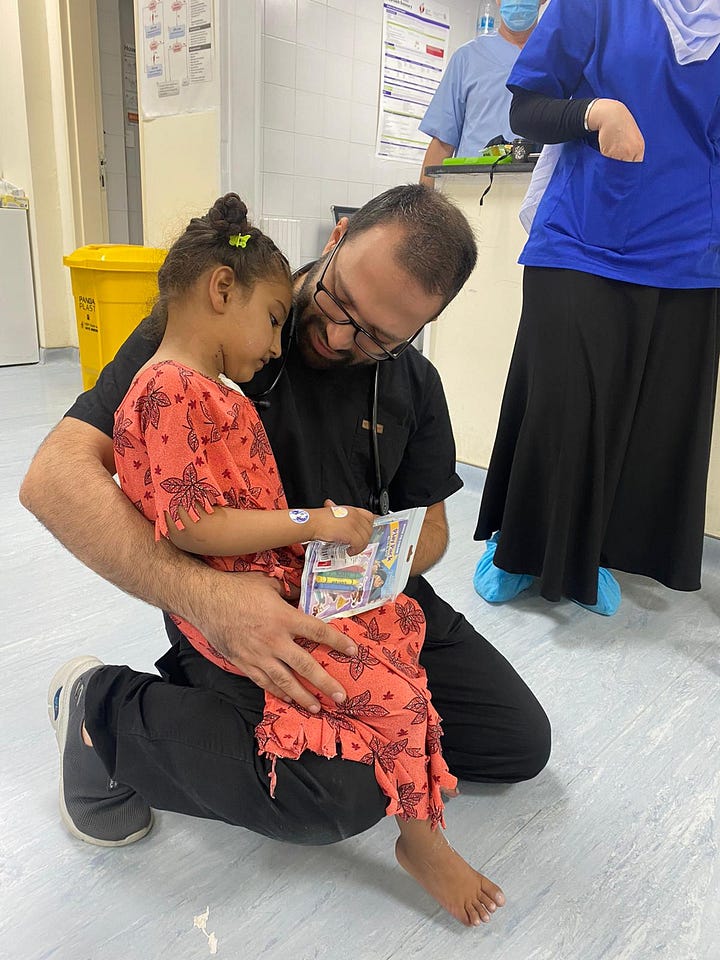
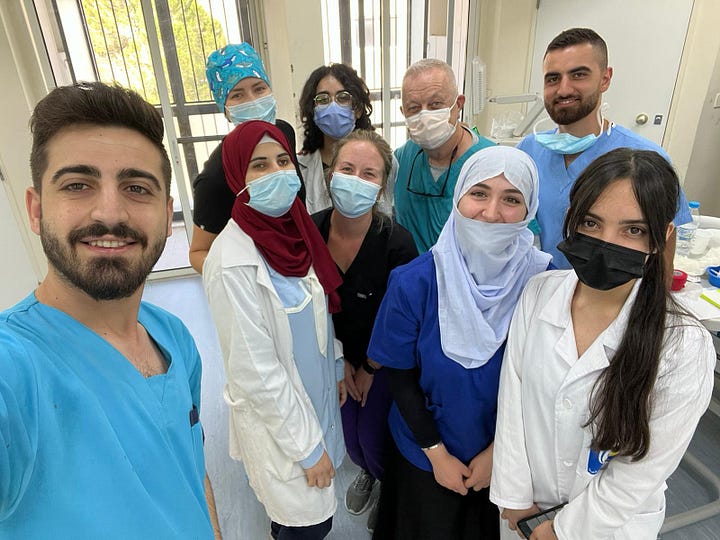
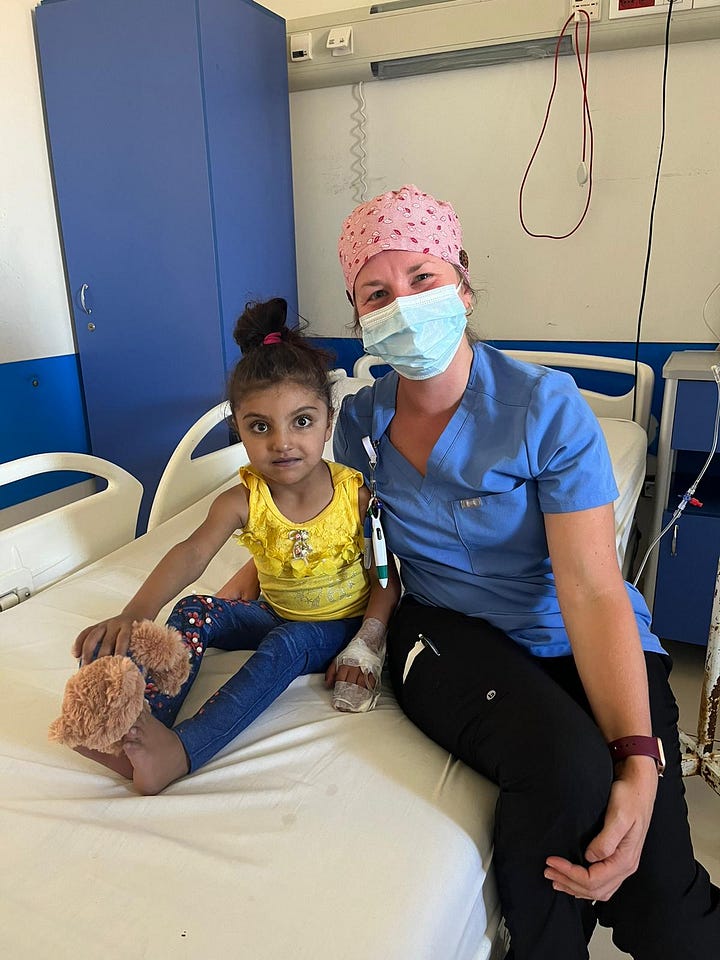
Recently, I accepted a position at the Mayo Clinic in Rochester, MN, where I began working in February 2023. The institution offered to train me as an ECMO Specialist, opening new professional horizons. Initially, I felt overwhelmed by the unfamiliar location, the demanding job, the absence of familiar faces, and the complex hospital environment. Yet, as I’ve done so many times before, I drew upon the resilience I’ve cultivated through years of adaptability and perseverance. This new chapter, while challenging, represents another opportunity for growth and transformation in my ever-evolving journey.
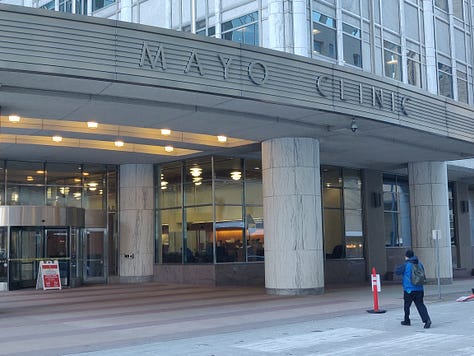
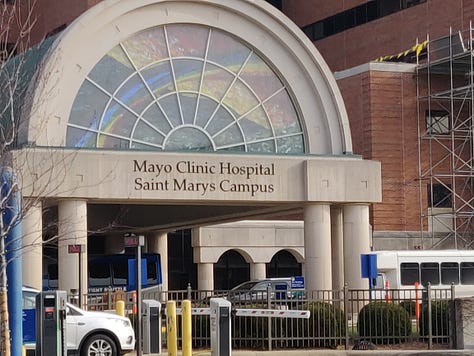
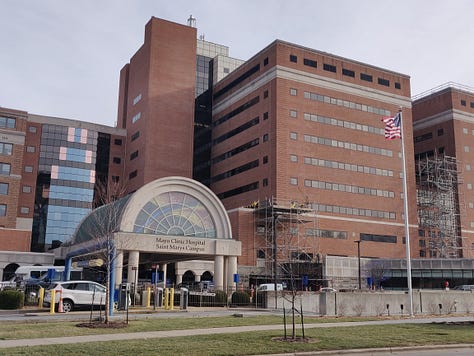
Despite feeling overwhelmed, broken, scared, and lacking confidence due to my father’s suicide, cancer diagnosis, and financial loss, I embraced this opportunity for growth by drawing on my resilience.
I’ve started working on some of my own projects, such as my “ECMO 143: Learning as I Go” newsletter on LinkedIn. This newsletter is about what I’m learning as a novice ECMO specialist, allowing me to share my professional knowledge while also serving as a form of personal therapy. It helps me process my experiences and connect with others in meaningful ways.
Ultimately, perhaps the greatest lesson of my winding road is this: home isn’t a place but a state of being. It’s found in the connections we make, the understanding we gain, and the peace we find within ourselves. As I embark on this new chapter in life, I carry with me the richness of my past and the potential of my future - a true citizen of the world, forever navigating the beautiful complexity of a life lived across borders.
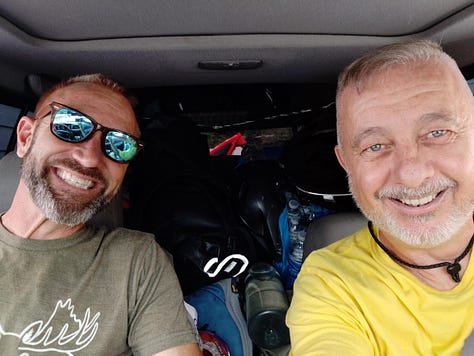
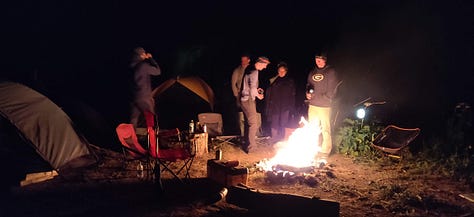
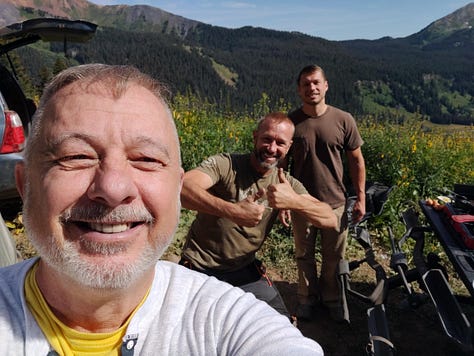
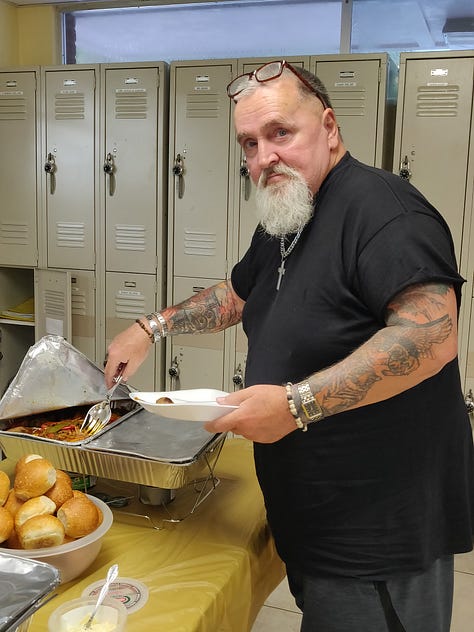
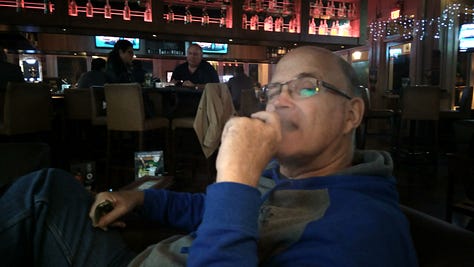
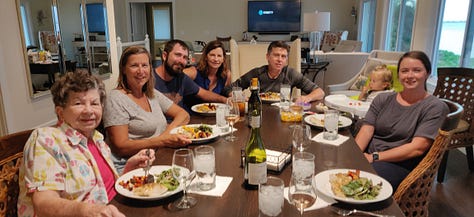
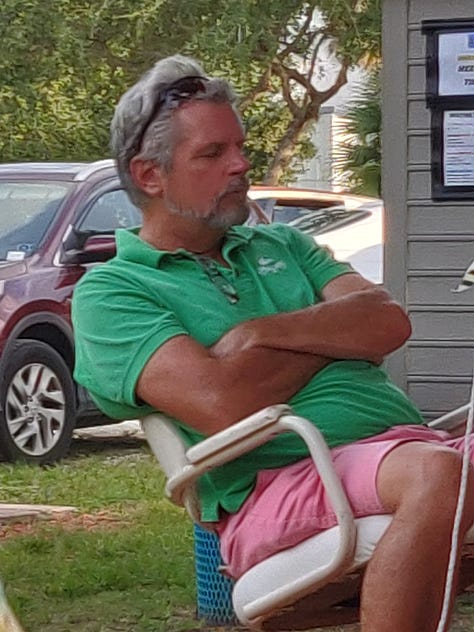
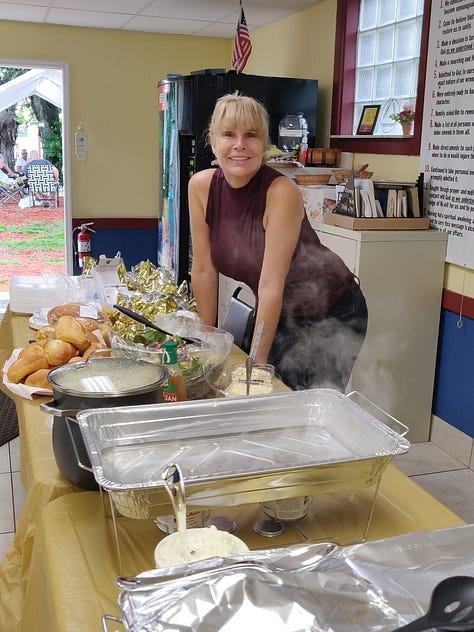
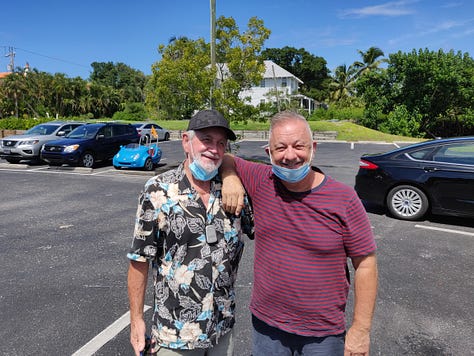
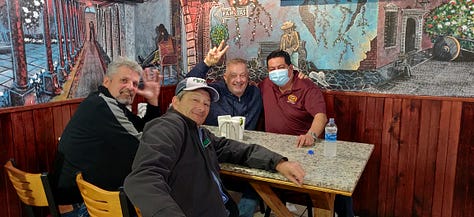
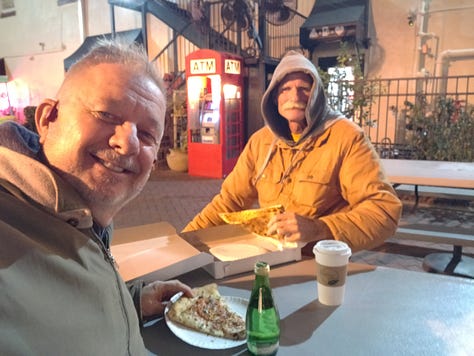
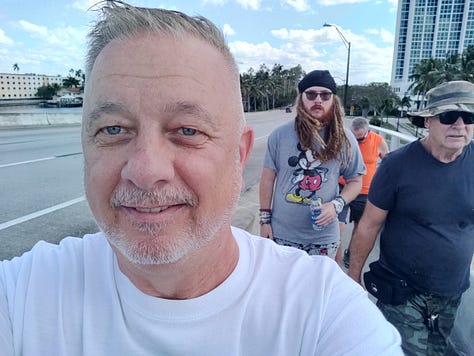
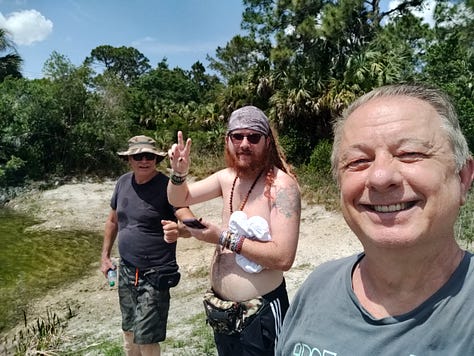
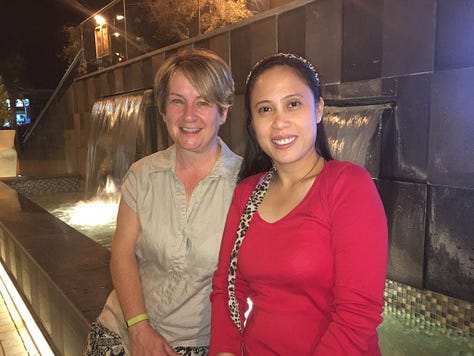
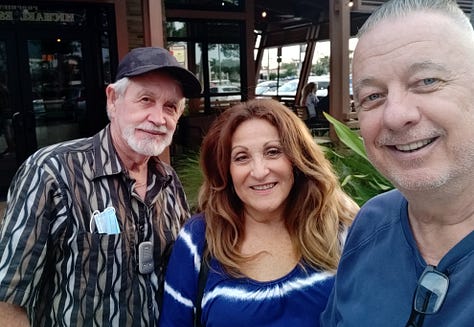
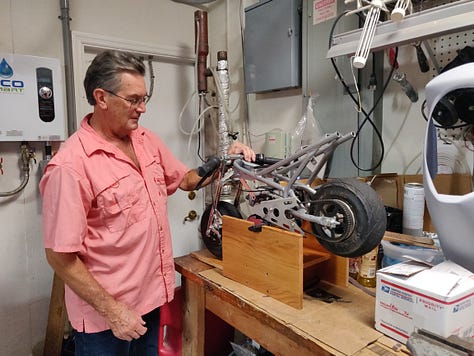
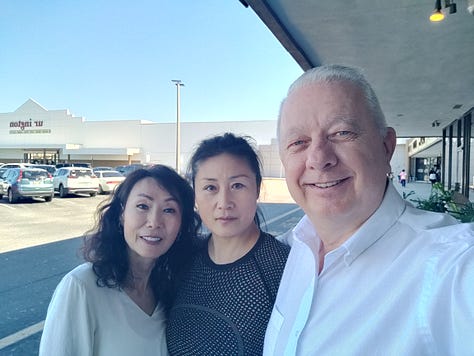
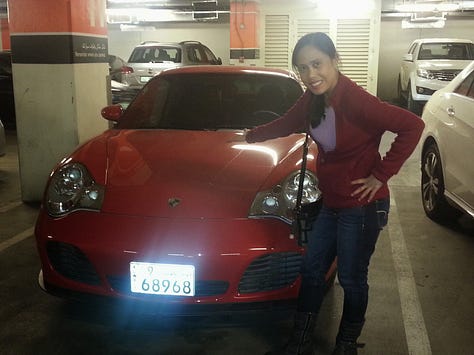
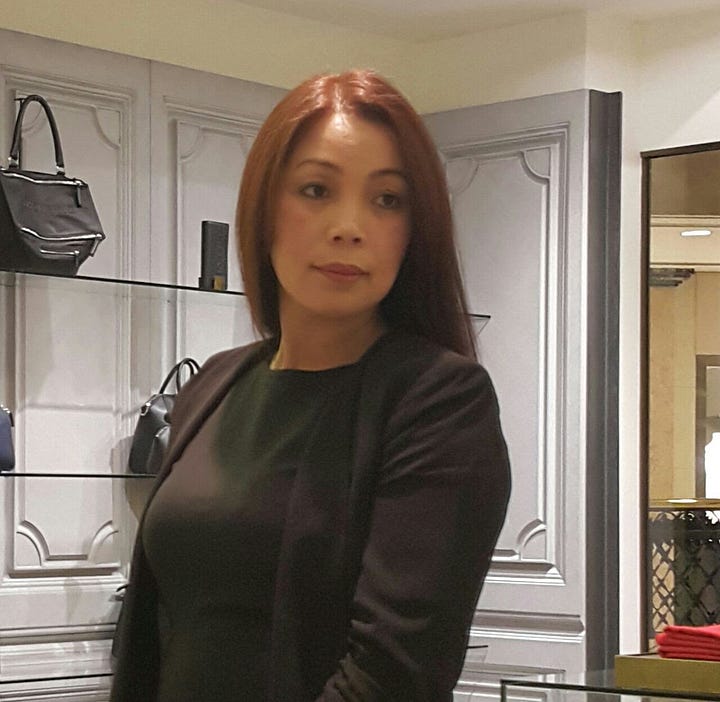
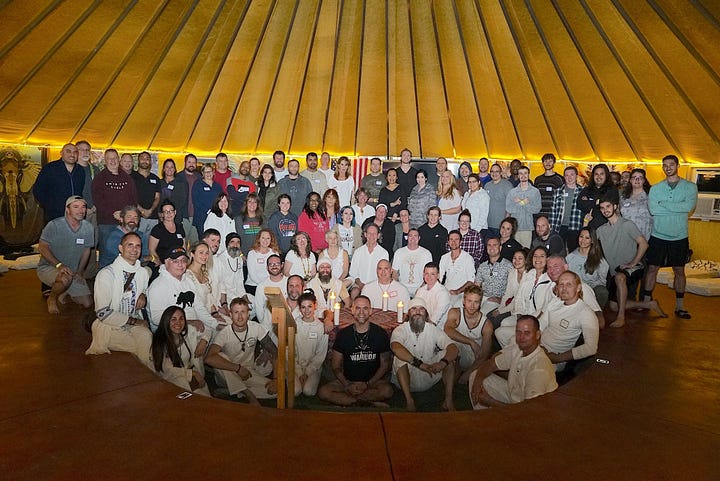
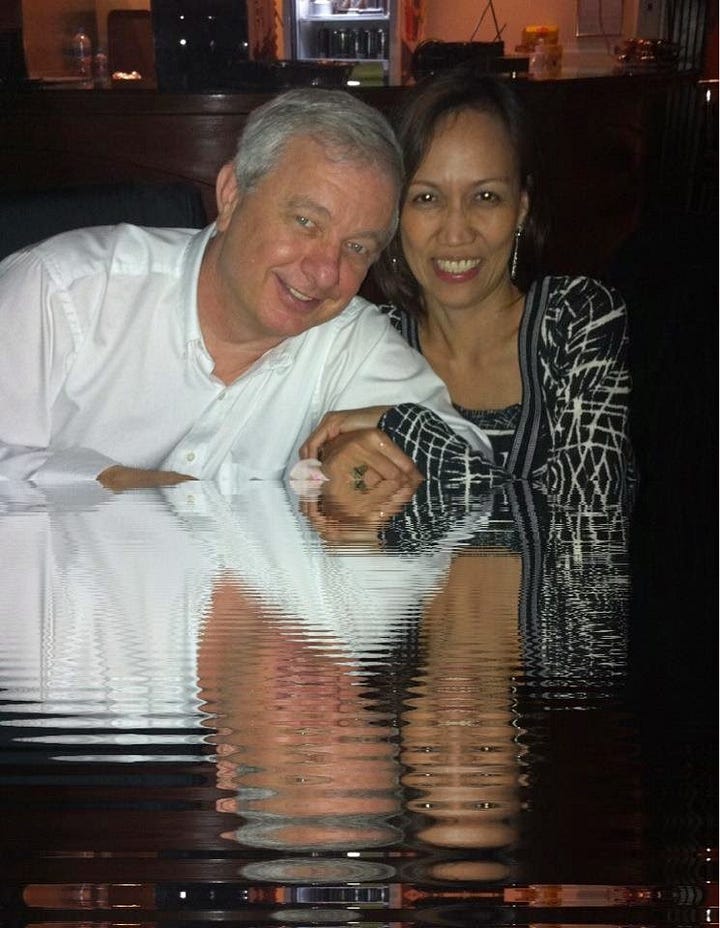
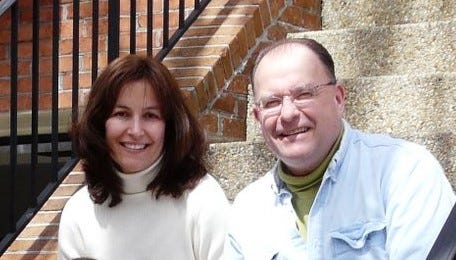
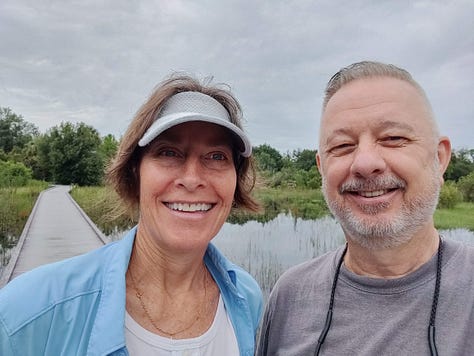
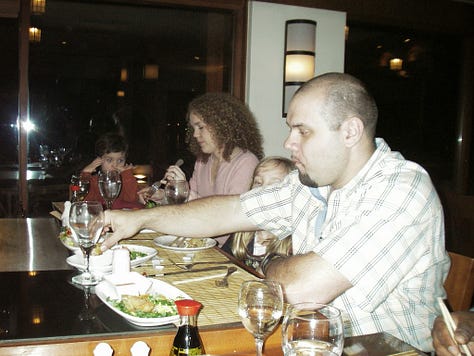
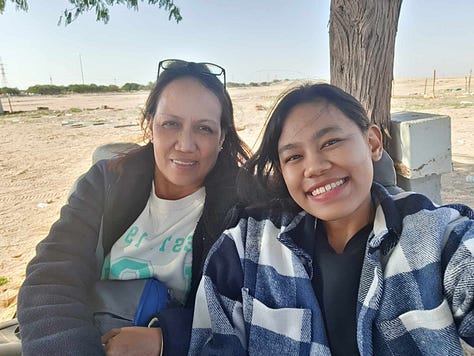


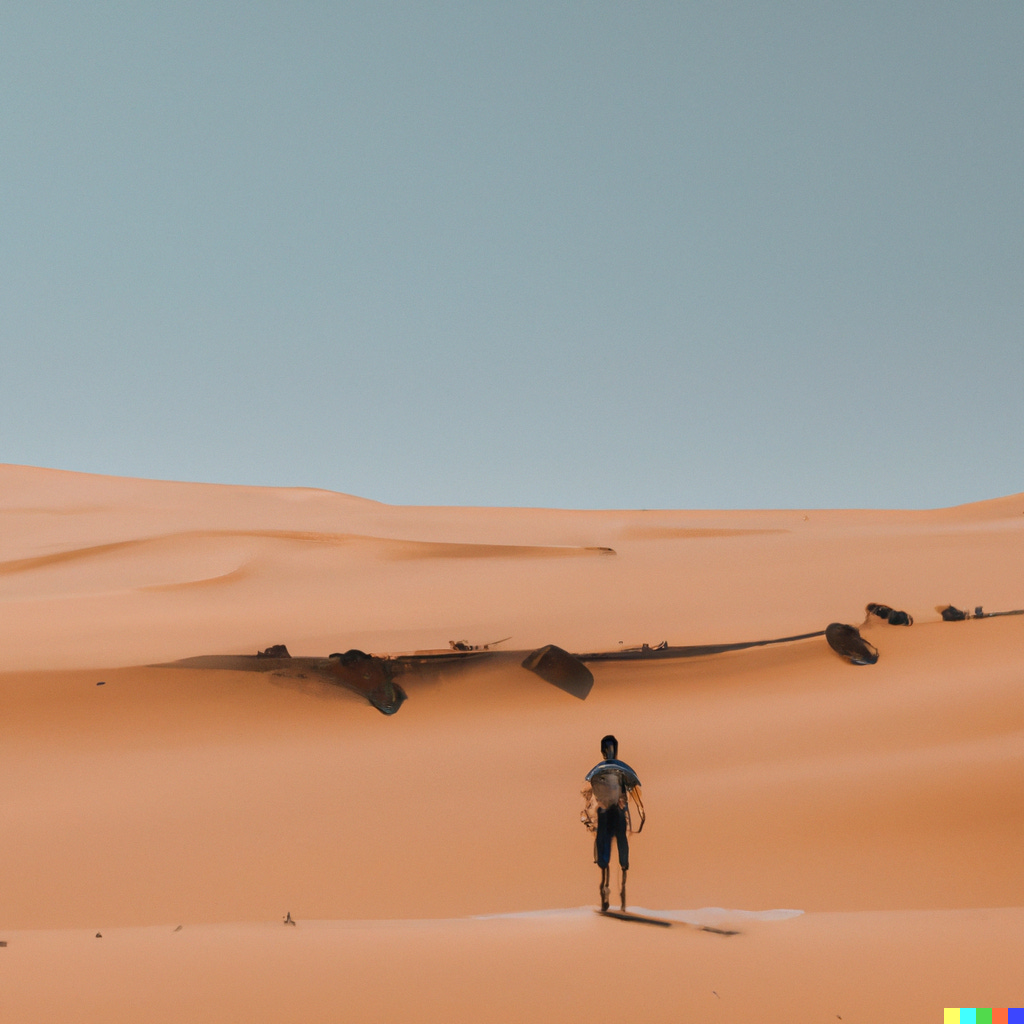
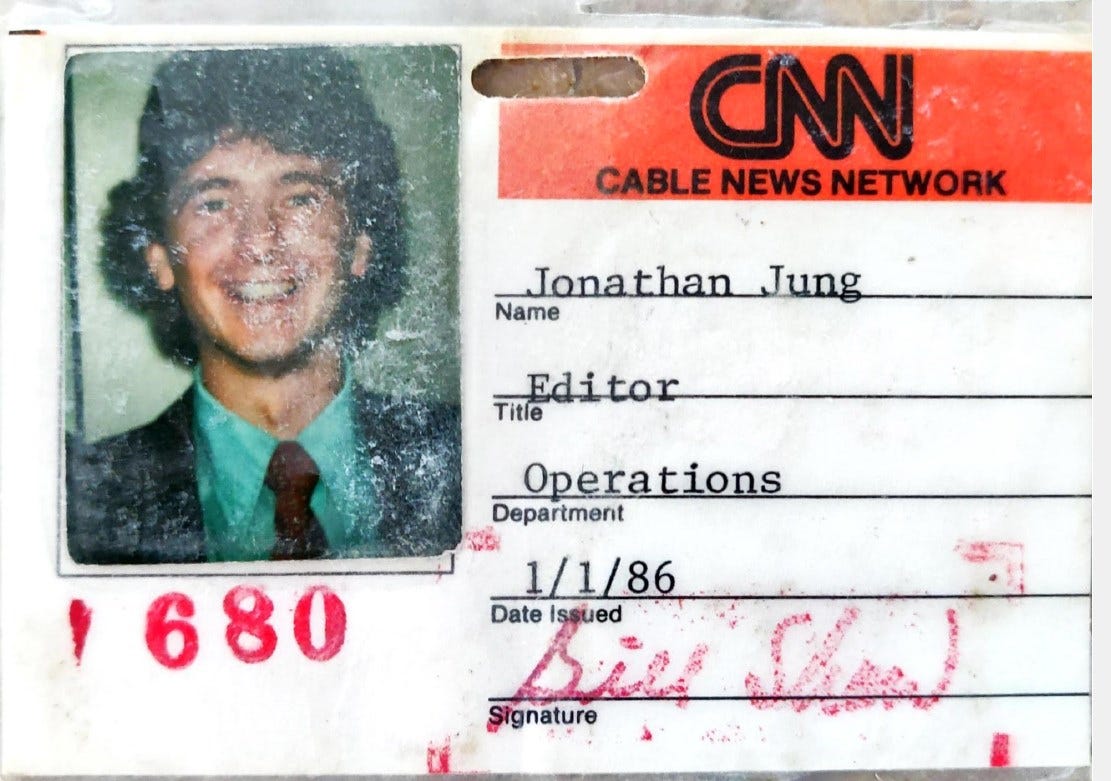
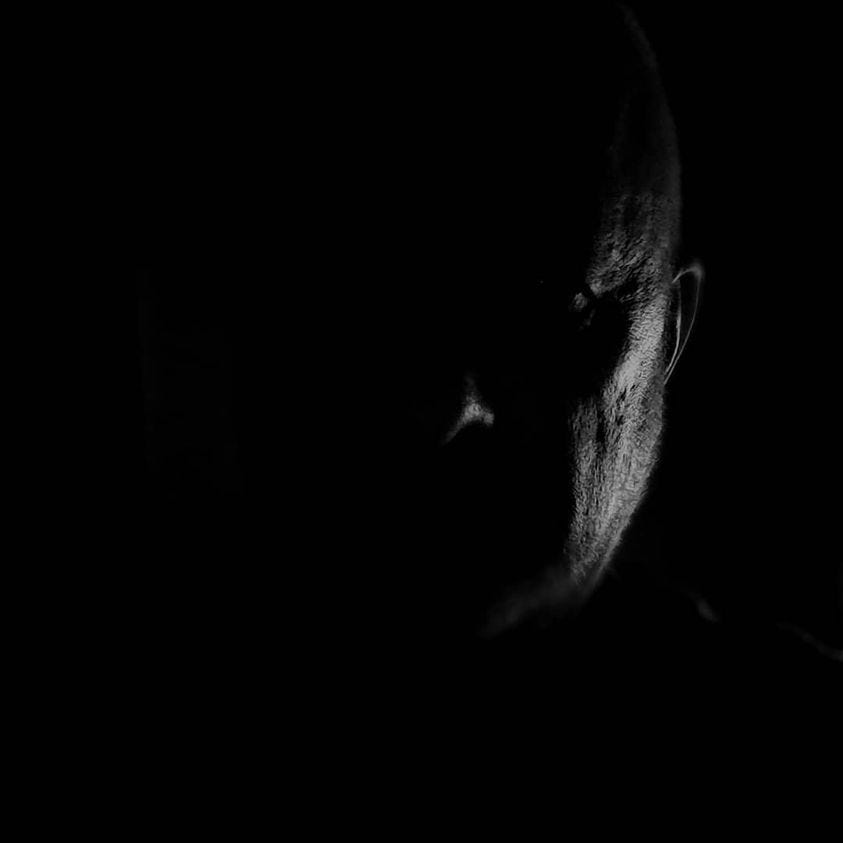

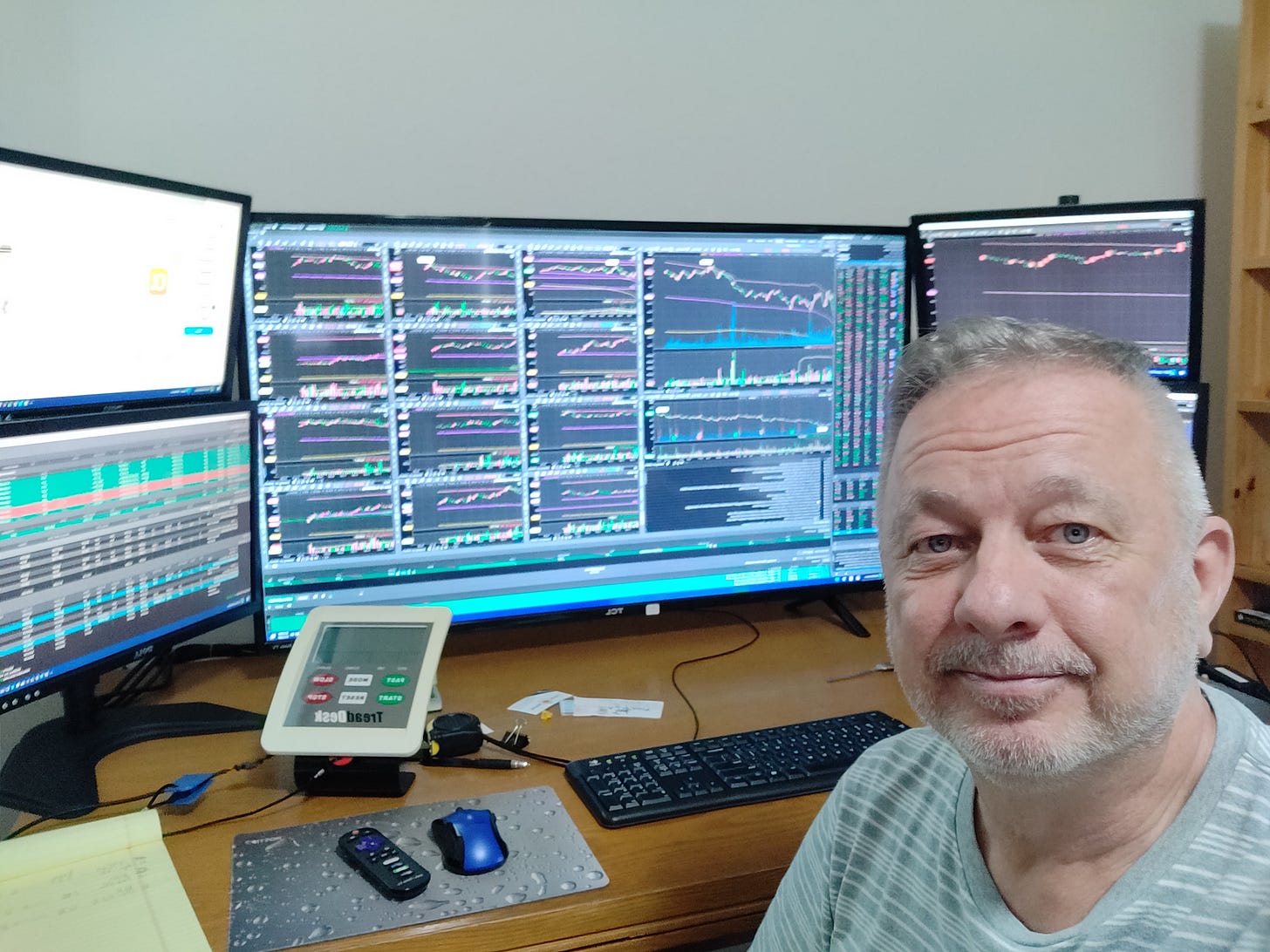
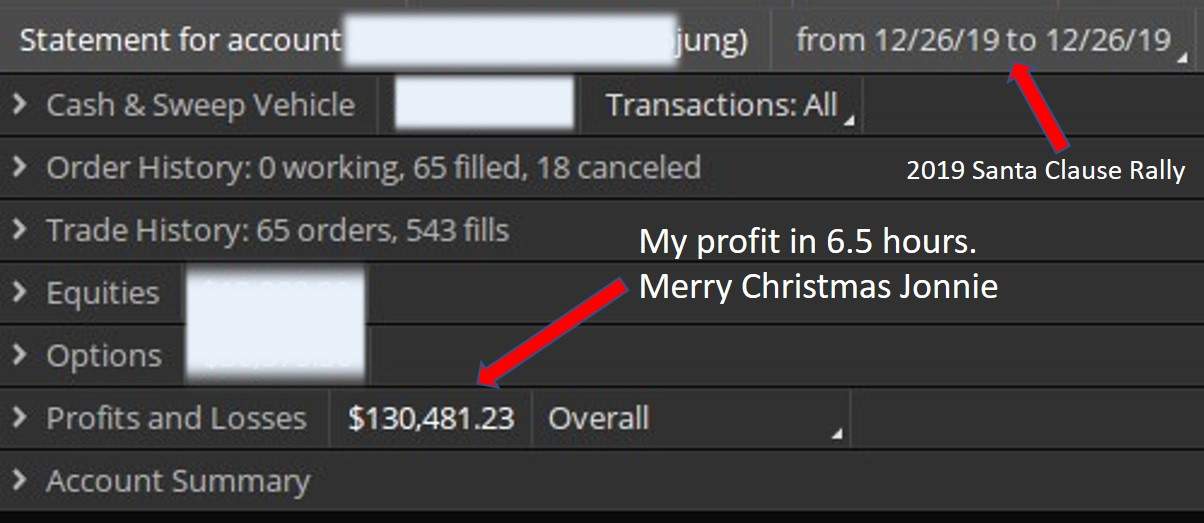
I came across your post looking for stories from fellow TCKs. Your incredible journey is humbling and inspiring. The combination of life events and the emotional demands and consequences, as well as the outsized impact on the world of your different jobs is unique and novel-worthy.
Thank God you came across the YouTube video!
Thank you for sharing and your sincerity, you are a formidable human being.